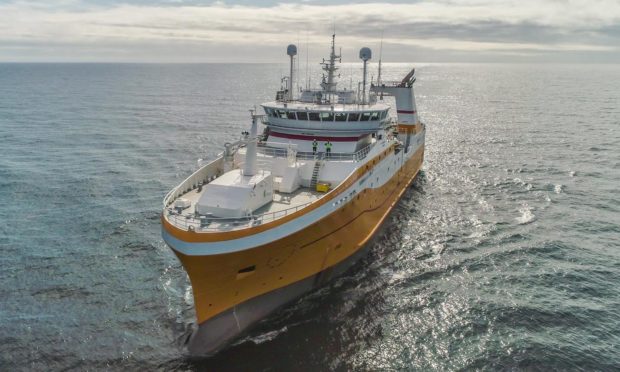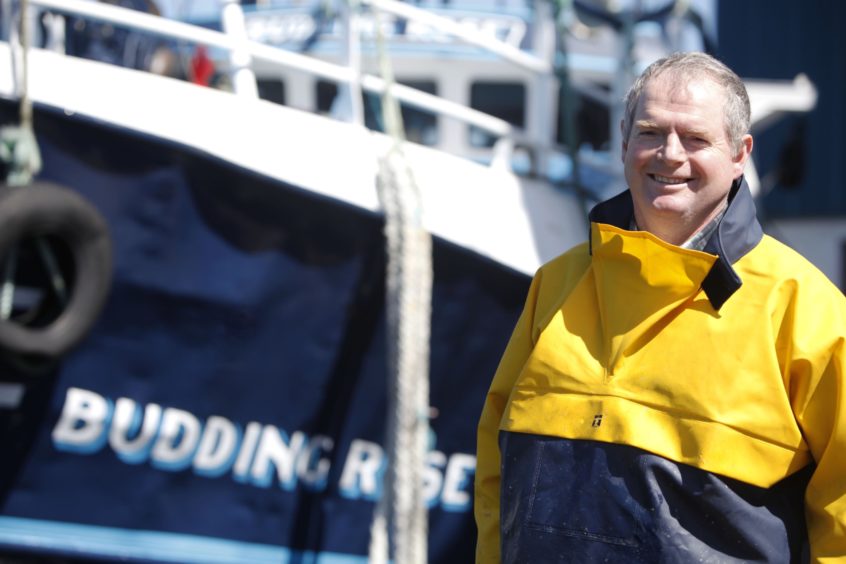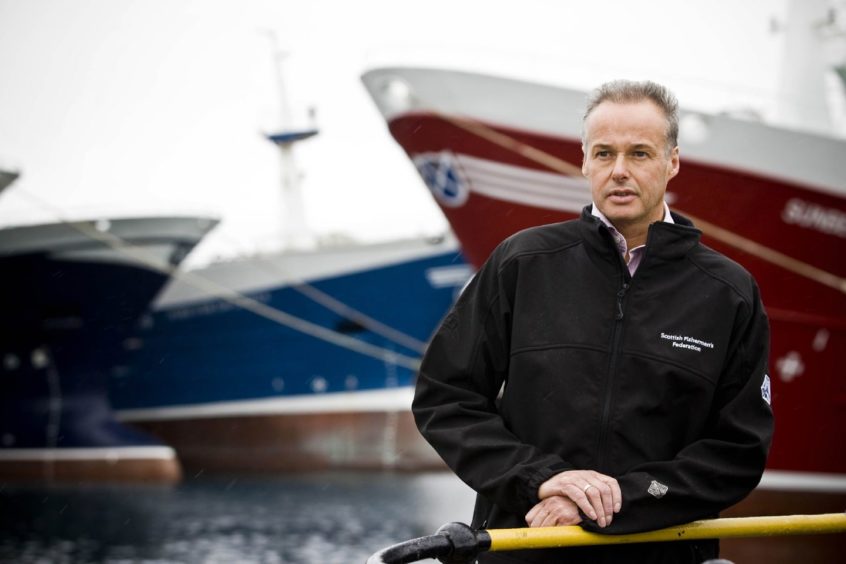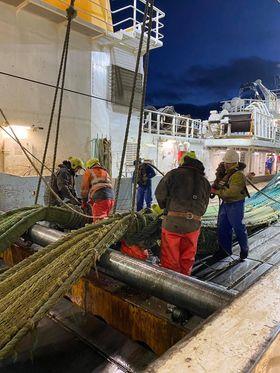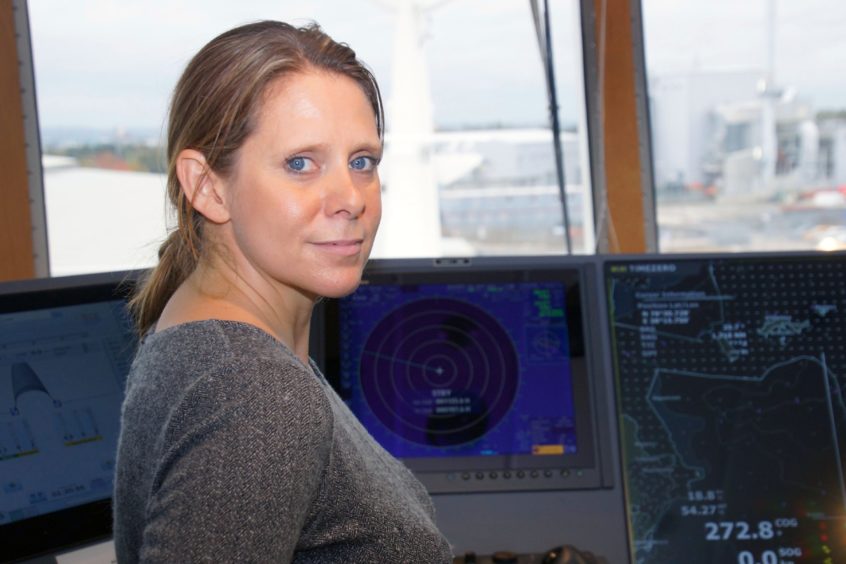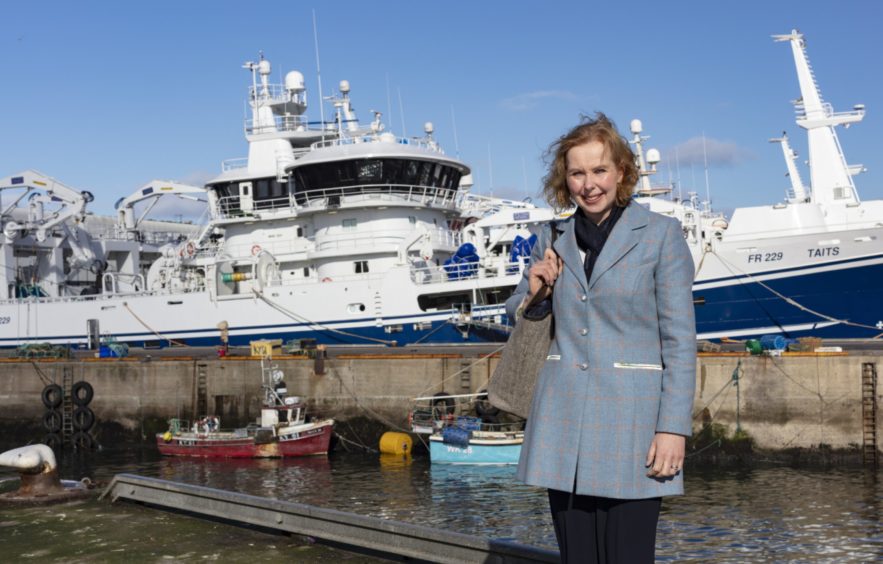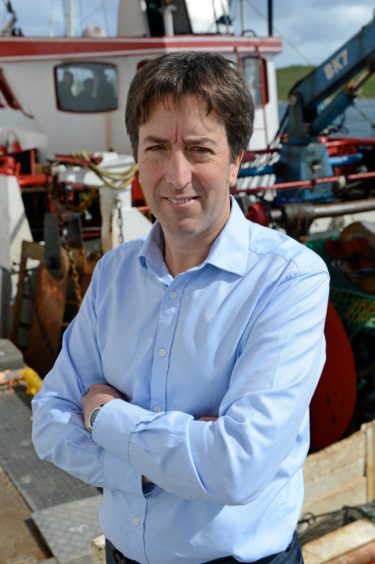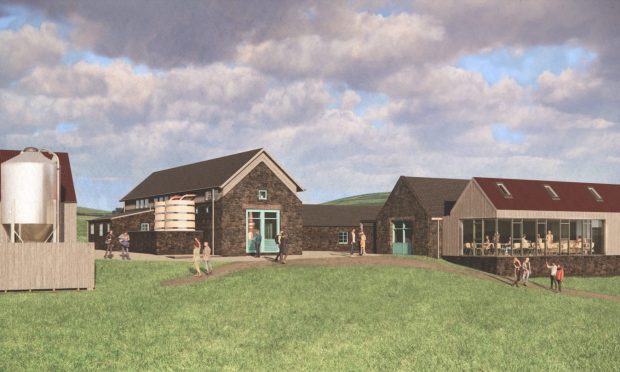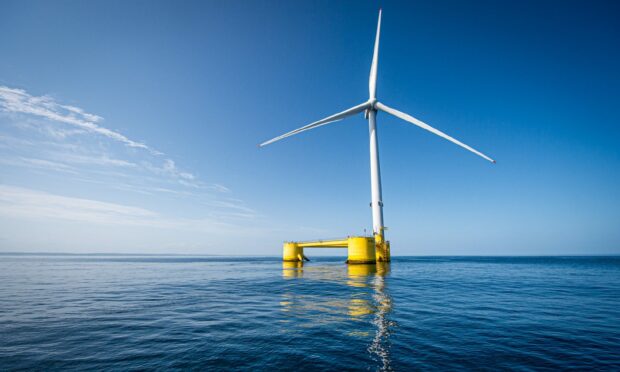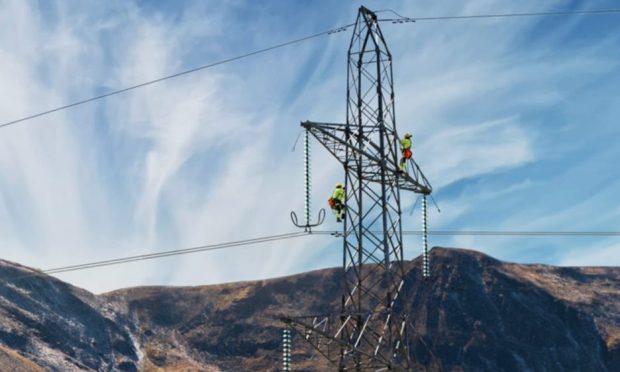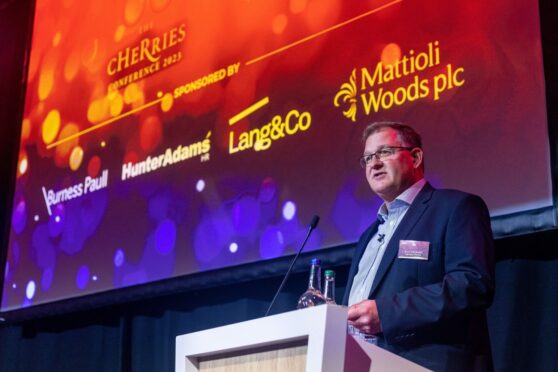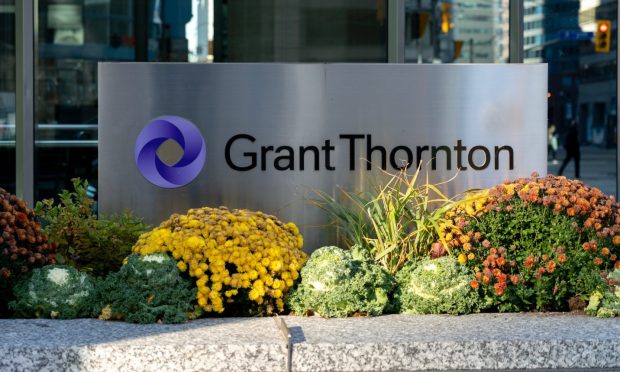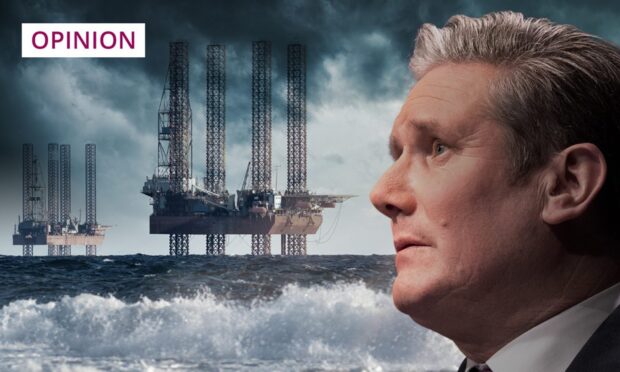Scottish pelagic fishers say Brexit has broken a longstanding link between their catch – mainly mackerel and herring – and the cod-hungry requirements of a multinational fishing company.
It comes after months of talks aimed at securing a deal between the UK and Norway on quotas and reciprocal access to each other’s waters failed to deliver an agreement.
According to Norwegian seafood and fisheries minister Odd Emil Ingebrigtsen the gulf between the two sides was “too great”.
The UK Government also said the respective positions of each country were “too far apart” for its “fair offer” on access and the exchange of fishing quotes to succeed.
Britain’s Department for Environment, Food and Rural Affairs (Defra) insisted it had always been clear about it agreeing deals only “if they are balanced and in the interests of the UK fishing industry”.
Peter Bruce, who skippers the Peterhead-registered white-fish trawler Budding Rose said the failure to reach an agreement on UK and Norwegian shared fisheries for 2021 was a “disaster “and would cause “major problems”.
But there were fears a deal pandering to demands from south of the border would directly deprive the Scottish fleet of a huge quantity of one stock – and force it to pay to lease much-needed quota for another.
Scottish Pelagic Fishermen’s Association chief executive Ian Gatt said: “It is obviously very disappointing there will be no UK-Norway bilateral agreement in 2021, given that Norway is a strategic partner in the north-east Atlantic.
“The objective for our negotiators had been to land an agreement that was fair and balanced for both parties, but unfortunately that hasn’t been achieved this year.
“Marine Scotland and Defra officials alongside ministers have worked tirelessly during the last four months to try and reach a deal, and we commend them for all their hard work.
“It is sincerely to be hoped an agreement can be reached between the two countries for 2022.”
But Mr Gatt also said the talks highlighted “one clear benefit” of the UK taking part in annual negotiations on its own terms, rather than as a member of the EU.
He added: “The fact the UK is now an independent coastal state means we have been able to break the link between Arctic cod and Scottish fish.
“The multinational UK Fisheries, which is non-UK owned, had been seeking significant tonnage of Barents Sea cod quota.
“Historically that had been secured in exchange for a significant share of Scottish fishing quota.”
Despite there being no fisheries agreement, the UK distant water fleet has this year secured 5,500 tonnes of Svalbard cod quota and an associated 14% haddock bycatch.
This is equivalent to the UK fleet’s entire North Sea cod quota, worth about £15 million.
East Yorkshire-based UK Fisheries, which according to documents lodged at Companies House is under the joint control of businesses ultimately owned by firms registered in the Netherlands and Iceland, had hoped Defra would be able to secure even more cod in the talks with Norway.
The north Atlantic, and in particular an area referred to as the EU’s northern external waters, has a large stock of cod and haddock supplying the UK’s fish and chip shops.
UK Fisheries owns the 266ft freezer trawler Kirkella, which fishes hundreds of miles away from UK shores – around the Arctic Sea.
Its catch is said to make up about one-twelfth of the cod and haddock supplied to UK fish and chip shops.
According to UK Fisheries, the failure to secure a UK-Norway agreement – meaning no access to Norwegian sub-Arctic waters for British vessels this year – will cost hundreds of Humberside jobs.
The only beneficiaries of Brexit will turn out to be a handful of Scottish pelagic fishing barons.”
UK Fisheries chief executive Jane Sandell said: “George Eustice (environment, food and rural affairs secretary) owes our crews and the Humberside region an explanation as to why Defra was unable even to maintain the rights we have had to fish in Norwegian waters for decades, never mind land the boasts of a ‘Brexit b
onus’, which has turned to disaster.
“In consequence, there will be no British-caught Arctic cod sold through chippies for our national dish – it will all be imported from the Norwegians, who will continue to sell their fish products to the UK tariff-free while we are excluded from these waters.
“Quite simply, this is a disgrace and a national embarrassment.”
Ms Sandell added: “The UK wanted to be an independent coastal state, but the only beneficiaries of Brexit will turn out to be a handful of Scottish pelagic fishing barons.
“Everyone else, including much of the UK domestic fleet and the people who work in it, will lose out.”
The UK government has failed to land an fishing access deal with Norway. Consequently the UK has no rights to fish in Norwegian sub-Arctic waters in 2021 and hundreds of crewmen have no work.https://t.co/O3EWwzZYiS pic.twitter.com/wlSpO2aEVH
— UK Fisheries Ltd. (@UKFisheriesLtd) April 29, 2021
Any extra cod would have been achieved by the UK providing reciprocal stocks in return.
When the UK was part of the Common Fisheries Policy, the EU exchanged 100,000 tonnes of blue whiting to secure extra Barents Sea cod from Norway. Around 20,000 tonnes of that came from Scottish quota.
Because the Kirkella did not catch all the cod it was entitled to, some of that unused catch allowance was exchanged for saithe quota in the North Sea.
That effectively saw the Scottish industry paying twice – firstly with 20,000 tonnes of blue whiting and then to lease back the saithe quota the unfished Arctic cod was swapped for.
No Norwegian deal for 2021 is a disaster for the U.K. fleet .We fish there a large part of the year catching top quality variety of species . The displacement of fleet of the U.K. fleet into the U.K. sector is also going to cause major problems https://t.co/9JXWSqeWZN
— Budding Rose PD418 (@buddingrose418) April 30, 2021
Scottish Fishermen’s Federation (SFF) chief executive Elspeth Macdonald said the failure to strike a UK-Norway deal was especially disappointing for this country’s white-fish fleet.
Ms Macdonald added: “It does, however, reflect that the UK’s new status as an independent coastal state has fundamentally changed the fisheries landscape in the north-east Atlantic, with both Faroe and Norway deciding not to have agreements with this UK this year, despite now having over-arching fisheries framework agreements with the UK.
“This means the Scottish fleet will not have access to the Norwegian EEZ (exclusive economic zone) for the rest of 2021, and nor will Norwegian vessels be able to fish in Scottish waters this year.
“Much has been made of the UK not having access to Arctic cod quota for this year, but this was not something the Scottish fleet derived a benefit from, and indeed was something that under the previous EU-Norway agreement, came at a considerable cost.”
SFF’s CEO said the UK government’s failure to secure a good deal for fishing in the Brexit negotiations and “our fleet not having access to Faroese and Norwegian waters this year” meant fishing opportunities and patterns for 2021 were “very constrained.”
Shetland Fishermen’s Association executive officer Simon Collins said: “This bring a long-awaited end to past practice in which the EU used to hand substantial amounts of Scottish quota to Norway largely to the benefit of a single foreign multinational that claimed to be English.
“Since the announcement that there will be no deal, we have had predictable squealing from that one company. This in no way reflects the mood of the Scottish family-owned fleet.
“In practical terms, Norway’s loss of access to our waters this year will remove a substantial presence of their pelagic fleet during the autumn mackerel fishery in particular.”
Scottish fishers in early battle over post-Brexit quota
Mixed catch for Scottish fishing fleet after historic fishing talks involving ‘independent’ UK
